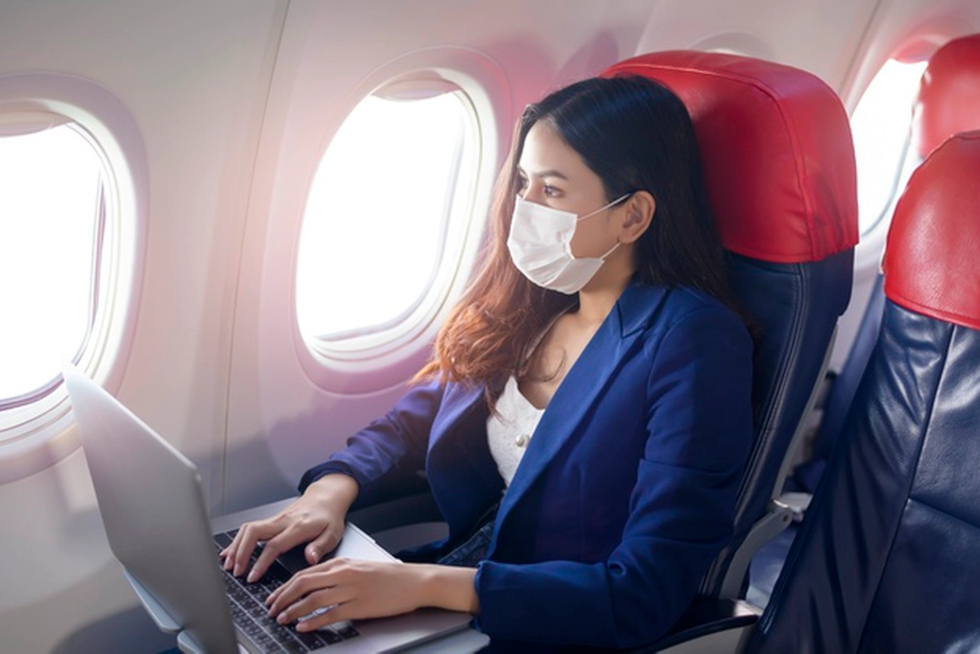The high contagious nature of the new corona virus prompted governments to enforce shutdowns and travel bans at domestic and international levels. Within months of its outbreak, Covid-19 was declared a pandemic and as much as 91% of the global population were forced to live under travel restrictions. The travel industry and related sectors were undoubtedly the hardest hit. Early estimates showed over 25 million aviation jobs[1] and 100 million travel and tourism jobs[2] to be at risk. Over six years’ worth of industry growth would potentially be lost.
Unprecedented times for the world and the industry. Border closures and travel restrictions got the international arrivals to plunge 81% compared to 2019[3] figures. This has recovered to 70% in October. The industry will recover and we will travel again, but as IATA has predicted the recovery will not be an V-shaped one. The news of multiple vaccines testing successful has given hopes of a faster recovery than what the industry leaders have been anticipating.
Even as governments have started shaping their vaccine plans, there’s some reluctance to open up the borders and lower the travel restrictions. And this trend is thought to continue in to the first quarter of 2021 as countries and health authorities assess the risks and take steps to open up domestic travel first and then international. And even as the borders open up there are also some concerns about how travelers may take this up. Would they trust that boarding a plane is safe? How safe is the destination country they are traveling to? Perhaps the vaccine would be able to address these concerns to a great level.
- Health could be embedded in every aspect of travel. Measures such as visible sanitizing, screening and masks all increase the traveler’s feeling of safety when traveling after Covid-19.
- New health safety protocols and systems will most likely be in place, and these have yet to be defined by concerned authorities in each country. We can expect social distancing and masks (nose and mouth covers) to continue in to the second half of 2021.
- Authorities will continue to ask for Covid-negative test results and lab reports to allow international travel. We can expect countries to relax this only as the vaccinations begin to be more widely available.
- Quarantine rules on arrival will likely to be relaxed in the coming months. Covid-negative test results and vaccination certificates will make this less of a requirement.
- Leisure travels including family visits, revenge getaways and pending vacations are expected to pickup more quickly compared to business trips that may require some more time to adapt to their social safety and security commitments.
- The work-from-home trend could get a twist. With many businesses acknowledging that offices are not mandatory for a large part of their workforce, employees are looking at work-from-destination models which many hotels and destinations are already promoting.
- More business travelers are expected to extend their stays at destinations for leisure activities. With corporates being more flexible with their travel programs and HR policies, bleisure is sure to trend once business travels start kicking in.
- Use of digital identity and biometric technologies by governments could help restore trust while also ensuring a seamless journey, though privacy, consent and transparent data governance will be at the heart of any technical solution.
- Touchless travel will be the most immediate and visible change that you will experience. Even with strict cleaning protocols in place, traveler touch-points at check-in counters, border security, boarding gates, etc still pose significant risk. Automation across the sector will be driven with the introduction of more touchless technologies.
- Many destinations are expected to introduce new health-screening and contact tracing tools. Travelers may be required by some destinations to use their health / contact tracing apps during their visit at the destination.
It is in times like these that the industry and authorities get the opportunity to propose and bring about changes that can help build a more agile, resilient and sustainable industry. This pandemic has brought governments, agencies and other stakeholders to work together, even as they maintain their social distancing. This is expected to help set more widely acceptable standards and agree on priorities, guidelines and policies.
In short term this could mean faster development of digital journey experiences like the World Economic Forum’s Known Traveller Digital Identity[4] (KTDI) that can bring together individuals, governments, authorities and the travel industry to facilitate safe and seamless travels. In the post pandemic scenario, these programs could be extended to include health related certifications. The use of latest in emerging technologies such as the distributed ledgers and better cryptography can help create create traveler-centric digital journey systems that can make travels is more enjoyable, efficient and safe.



Very interesting read. Many markets are witnessing the recovery already and I think if they are ready to open up the airports and don’t make the mistake of forcing quarantine restrictions travel can bounce back to old glory by end of next year. Can’t wait to board a longhaul
Happy and safe holidays!
Yes, we do hope that things get back to normal now that the vaccines are out and we understand the virus better. Thank you for sharing your thoughts and hope you have a great holiday this season.
Reading this now after travel and biz trip rebounds. I think corp travlrs expect this kind of price hike but still willing to travel.